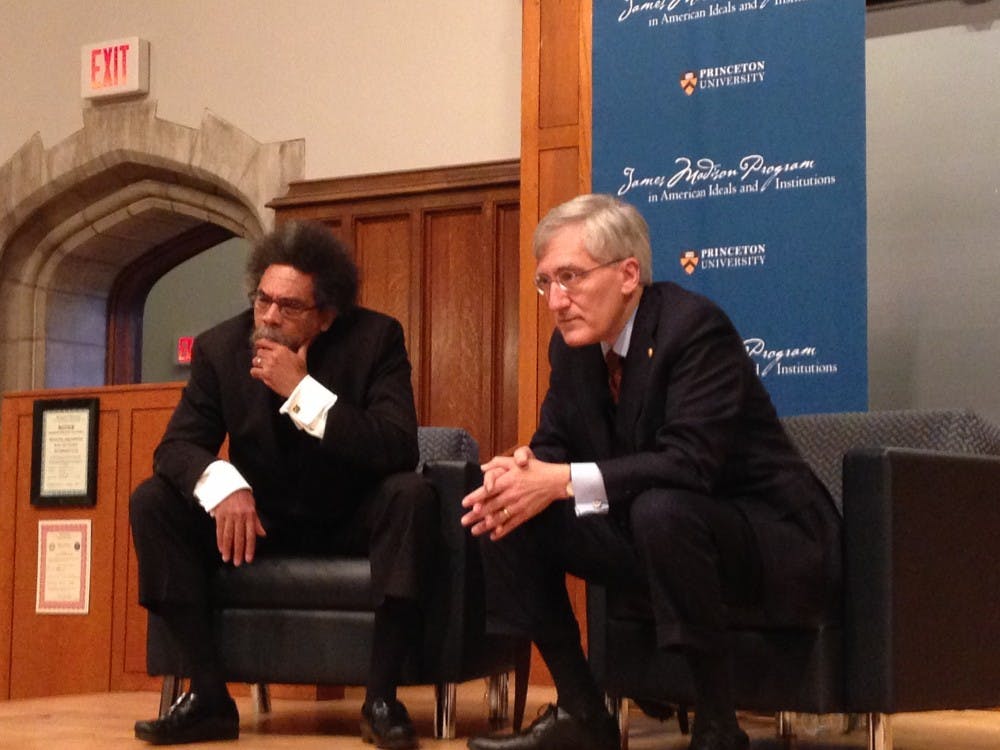Dillon Gymnasium renovations near end of phase II, include gender-inclusive locker rooms
Norman XiongThe multi-year renovations project on Dillon Gymnasium’s locker rooms, support spaces, and pool is nearing a close in the fall of 2016, according to Renovation Program Manager Dave Howell and Project Manager Jarett Messina.








